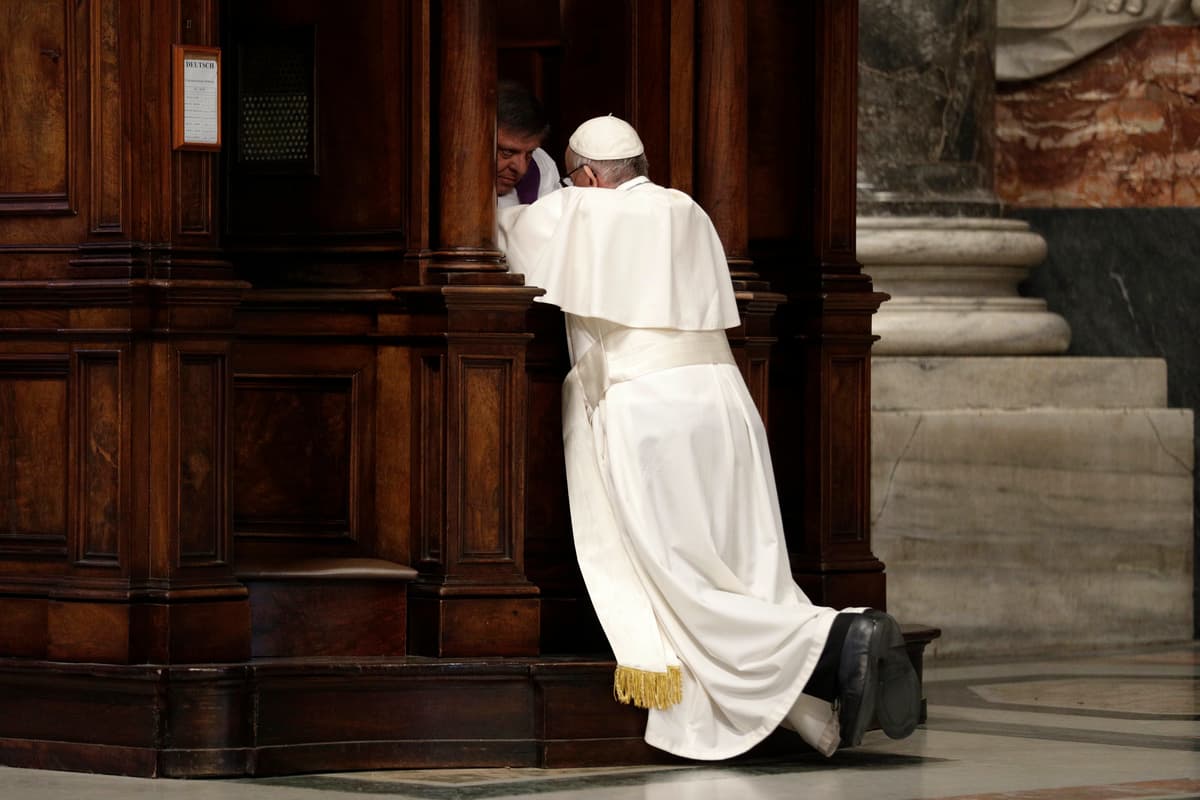The Catholic Church has emerged as one of the most vocal critics of President Donald Trump’s immigration policies, despite his administration’s attempts to garner support from religious voters. Recent statements from the Vatican and prominent church leaders have highlighted opposition to the administration’s stance, particularly concerning the treatment of immigrants.
In September, Pope Leo XIV addressed the issue during a response to questions regarding the controversial recognition of Senator Dick Durbin by Archbishop Blase Cupich of Chicago. The pope stated, “Someone who says I’m against abortion but is in favor of the death penalty is not really pro-life.” He further added, “And someone who says I’m against abortion but I’m in agreement with the inhuman treatment of immigrants in the United States, I don’t know if that’s pro-life.”
The criticism from the Catholic Church has not been limited to the Vatican. Archbishop Cupich recently condemned the administration’s immigration crackdown, emphasizing the need to consider the dignity of immigrant families. “Their dignity as parents must be taken into account before they are ripped away in full sight from their children, who are now citizens, and hauled away as criminals,” he stated. The archbishop highlighted a troubling trend in attendance at Mass, particularly in Latino communities, where fear of deportation has deterred participation.
In El Paso, Bishop Mark Seitz noted the pope’s personal concern regarding immigration issues and urged fellow bishops to “speak strongly on this issue.” The Archbishop of Washington, Robert McElroy, described the policy of mass deportations as “morally repugnant” and incompatible with Catholic teaching.
The U.S. Conference of Catholic Bishops (USCCB) has also weighed in, labeling the administration’s immigration policies as “deeply troubling” with potential “negative consequences.” Some dioceses have gone so far as to allow congregants to skip Mass if they fear deportation due to recent immigration raids.
Other Christian denominations, including the Episcopal Church and the Evangelical Lutheran Church in America, have joined the chorus of criticism. In February, a coalition of 27 religious organizations, comprising both Christian and Jewish groups, filed a lawsuit against the Trump administration over policies that facilitate arrests at places of worship.
Despite these widespread objections, the Trump administration has dismissed the Catholic Church’s criticisms. In response to the pope’s comments, Tom Homan, a top border official, remarked, “He ought to focus on his work and leave enforcement to us. He’s got a wall around the Vatican, does he not?”
White House press secretary Karoline Leavitt also rejected claims of inhumane treatment of immigrants, asserting that the administration aims to enforce immigration laws “in the most humane way possible.”
This ongoing tension between the Catholic Church and the Trump administration highlights a significant rift in how immigration is approached within religious contexts. As the debate continues, the Church’s consistent push for humane treatment of immigrants remains a critical point of contention in U.S. politics.
